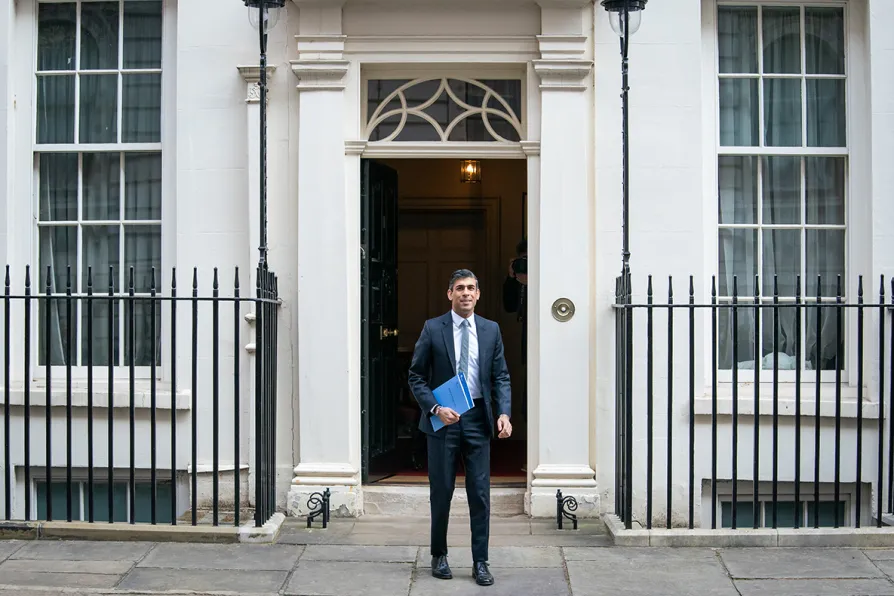
 Chancellor of the Exchequer Rishi Sunak leaves 11 Downing Street as he heads to the House of Commons, London, to deliver his Spring Statement
Chancellor of the Exchequer Rishi Sunak leaves 11 Downing Street as he heads to the House of Commons, London, to deliver his Spring Statement
CHANCELLOR Rishi Sunak’s Spring Statement has plunged millions of households into “absolute poverty and despair,” campaigners said today, warning that a series of weak pledges will do nothing to tackle the mounting cost-of-living crisis.
The so-called mini-budget was delivered against a backdrop of rising fuel, energy and food costs as well as the announcement that inflation rose by 6.2 per cent in the last 12 months to February — the fastest increase in 30 years.
Mr Sunak announced that the threshold for paying National Insurance contributions will be raised by £3,000, along with a 5p cut to fuel duty, a doubling to £1 billion of funding for councils to support vulnerable households and a further £500 million for local authorites to continue to provide targeted welfare support to low-income households.

Rayner’s call for tax rises over cuts falls on deaf ears













